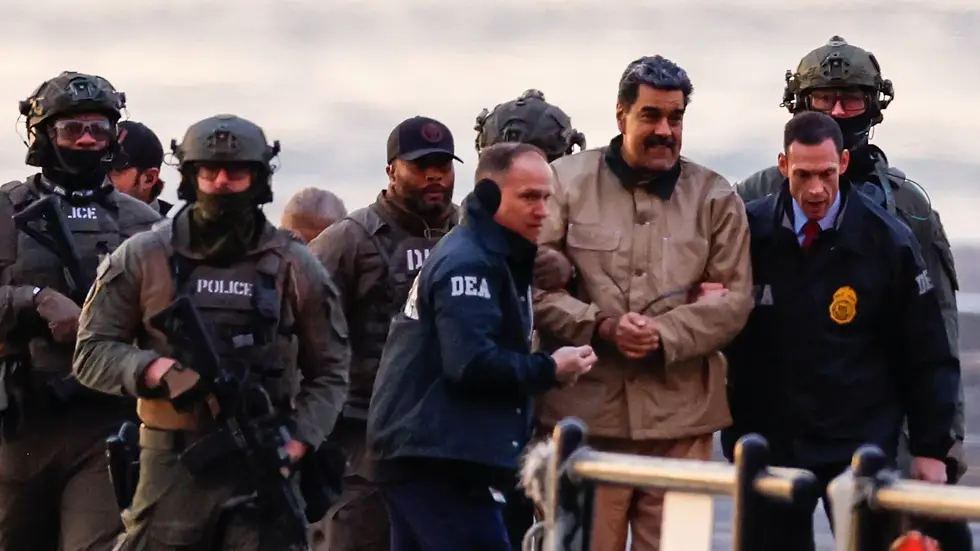RNC Day 1: "Make America Safe Again"
- lifemattersjournal

- Jul 23, 2016
- 3 min read
[The following is part of a series on bringing the Consistent Life Ethic to various political conventions. Click to see Day 2 & Day 3]
On Monday morning we woke up bright and early to drive to Cleveland, Ohio for the Republican National Convention. Our intention was to educate attendees, protesters, and the media on the Consistent Life Ethic – a human rights framework that defends the life and rights of all human beings from conception until natural death. Right now in the United States, neither major political party is willing to stand up for all human beings. Though Democrats often condemn the practices of unjust war, they also fight to strip the rights of the preborn in the name of “choice.” While the Republican Party claims to stand up for the inalienable right to life for the preborn they do not extend that compassion to prisoners on death row or those behind enemy lines.

In our attempt to rise above the partisan rhetoric, we made literature that introduced the Consistent Life Ethic to those with different political leanings: liberal, libertarian, and conservative.
Before the event we had prepared for a lot of hostility. We created exit plans for if the environment became too violent, a cashier at a convenience store right outside of Cleveland even told us (after seeing our various shirts) to be safe. Inside, the convention's theme of the day was “Make America Safe Again.” The media spoke about potential conflicts between protesters and the thousands of police officers brought in to ensure the event went smoothly. These conflicts never arose. For the most part everyone we spoke to responded with congeniality.
Throughout the day we had a lot of great conversations with all different types of people. Even if they had strong convictions about the necessity of the death penalty or considered themselves pro-choice, most everyone could at least respect the consistency of our approach.

Ironically, the one conversation that distressed me the most had nothing to with my positions on abortion, capital punishment, war, torture, or any of the controversial issues I was there to speak about. Instead it was about my choice to call myself a feminist. Usually when I wear my “This is What a Pro-Life Feminist Looks Like” shirt I’m ready to explain how defending the preborn is a feminist value, not why feminist values are important in the first place. But a man who called himself an Alt-Right White Nationalist hounded me about feminism: he legitimately told me that he didn't believe that women had ever been oppressed – because women have been fed and housed and "kept safe" by men historically, he believed there had been no oppression of women. I explained that someone being cared for does not mean that they are not also being oppressed, and worked to redirect the conversation back to the core principles of feminism: equality, nondiscrimination, and nonviolence. It was so startling, though, to hear someone honestly admit their misogyny and disregard for the dignity of others so blatantly.
Other than that, everyone we spoke to seemed genuinely interested in our message. I think this was partly because of our explicitly non-partisan affiliation. I found especially helpful that we had a politically diverse team when reaching people of all these various backgrounds. In today’s political climate people are quick to write off those on the other side before they even speak. Finding initial common ground made these discussions so much more civil than they might have been. Discourse was respectful, fruitful, and more than anything else: peaceful. We listened, we spoke, we engaged ideas, and honored the dignity of others. Some folks we spoke with (many of whom disagreed with us) remarked that we were “so cool,” or that they appreciated the “peace” that we carry with us. It was encouraging, for sure.
It’s upsetting to think that while these respectful and productive conversations were going on just outside the convention, inside the same old partisan “us vs. them” rhetoric was being spouted. If we really want to end violence and “Make America Safe Again” it must start on the interpersonal level of mutual respect for the dignity of each human being in our communities.



Comments